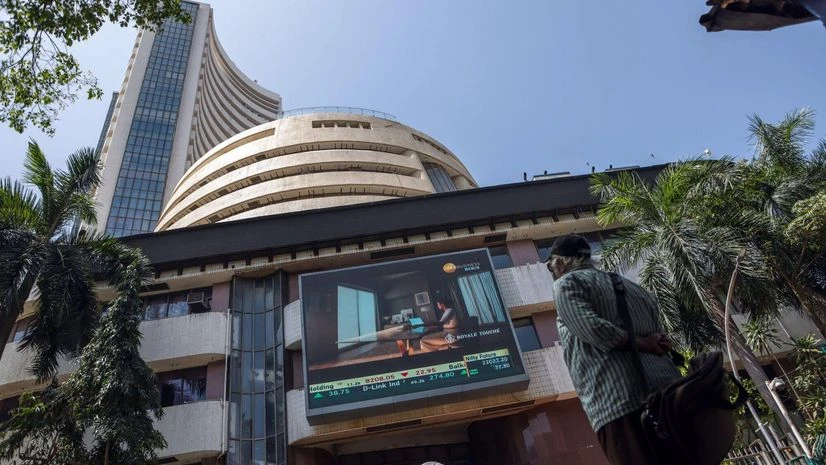By Ruchi Bhatia
Indian policymakers will face a “balancing act” in managing anticipated foreign capital inflows from its bonds’ inclusion in key global indexes while trying to retain the rupee’s general stability, according to an S&P Global Ratings economist.
Tapping the country’s $644 billion reserves to tame volatility is an option, but that can be “fairly costly,” senior economist Vishrut Rana said in an interview Wednesday. Letting currency volatility play out may lead to an increase in bond yields and raise the government’s funding costs, he said.
Still, he anticipates India will move toward more open capital flows and less intervention over time. “I think as the capital market deepens and matures, then that’s likely the direction that policy would move in,” he said.
Rana’s comments add to mounting discussions over how India would juggle its macroeconomic challenges while handling foreign investors’ heightened interest stemming from its inclusion in JPMorgan Chase & Co.’s emerging markets bond index in June.
The index inclusion is expected to attract $40 billion in inflows in 18 months, according to estimates from Goldman Sachs Group Inc. and others.
More From This Section
Bloomberg Index Services Ltd. also plans to add the bonds to its emerging markets index from January. Bloomberg LP is the parent company of Bloomberg Index Services Ltd., which administers indexes that compete with those from other service providers.
Other intervention tools, like sterilisation bonds and open market operations, are some of the options that can be considered to tackle effects of inflow-driven liquidity, he said.
India’s policymakers also must contemplate the possibility of the capital moving back out if certain macroeconomic and geopolitical issues emerge, Rana said.
“The foreign participation may be small in quantity, but when all the capital moves out at the same time due to geopolitical factors, then it becomes a trigger for volatility,” he said. “That is a valid concern for policymakers.”

)
